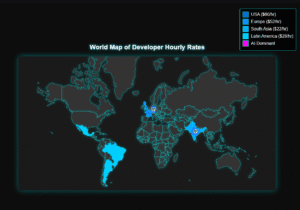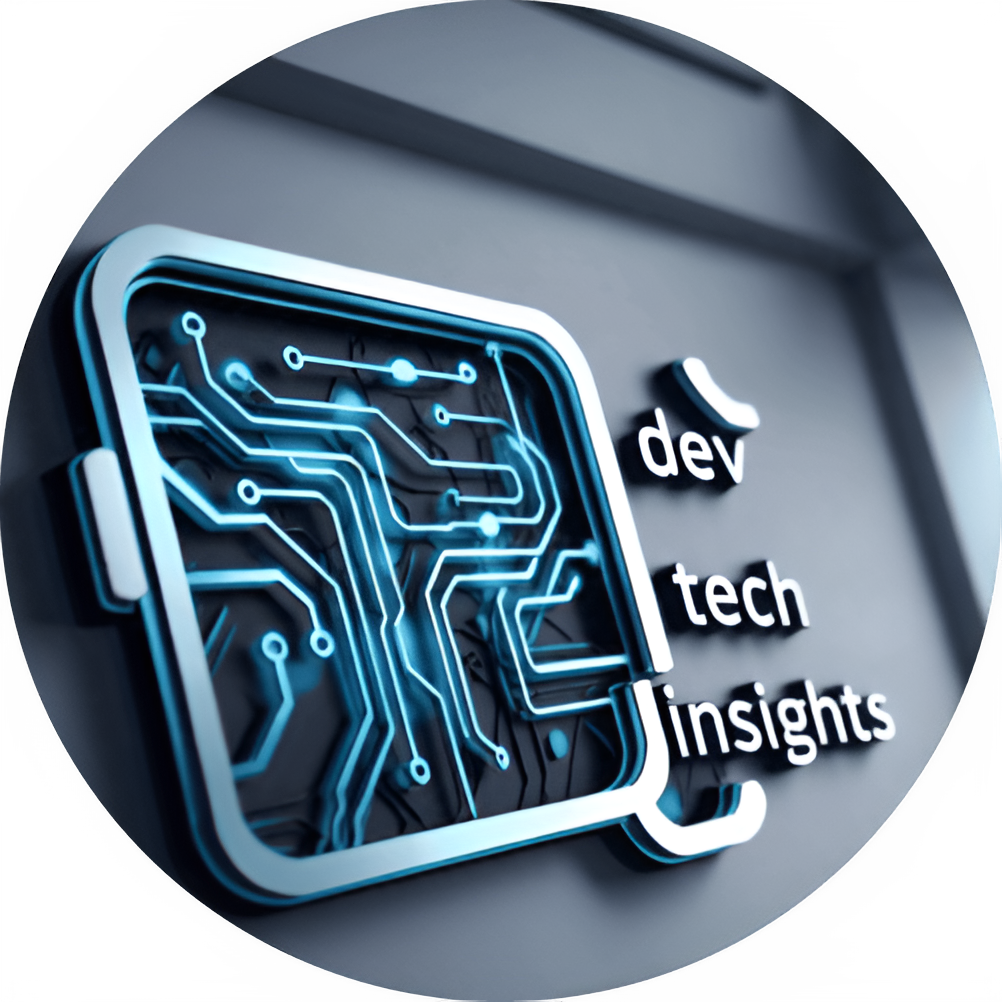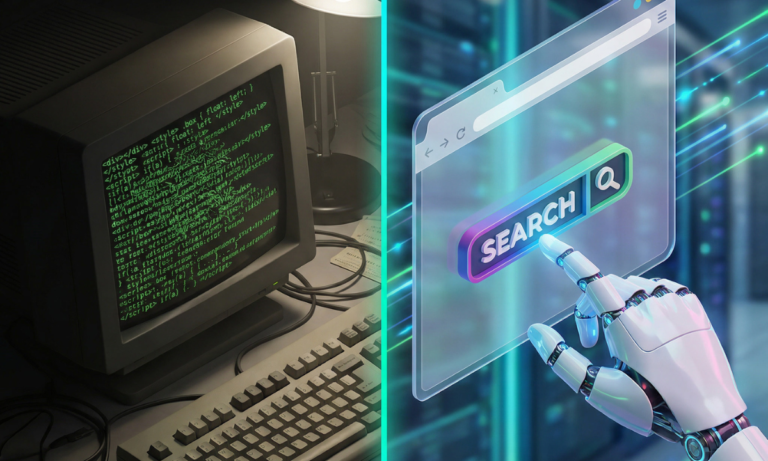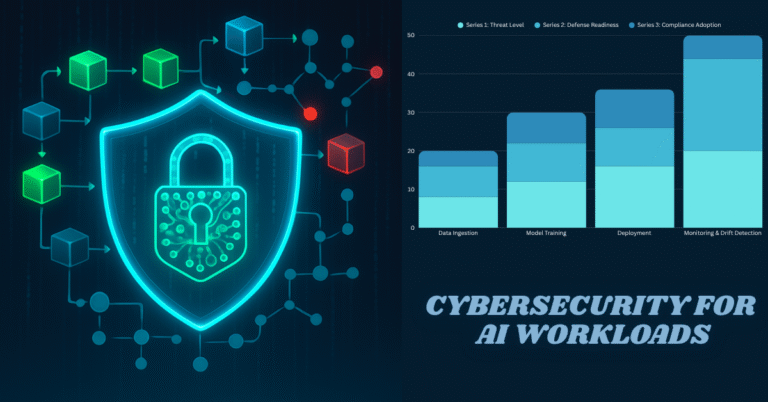
AI-Native Grads vs. Traditional Developers: The Talent War CEOs Are Betting On
Table of Contents
Introduction
In a recent interview that’s causing ripples across the tech industry, the CEOs of Perplexity and Box made a bold prediction: AI-native graduates will soon outperform traditional developers in the workforce. As AI continues to reshape every layer of modern development, the concept of what it means to be a developer is rapidly evolving.
This statement doesn’t just spark curiosity—it signals a potential revolution in how we view education, hiring, and developer productivity. Let’s unpack what “AI-native” means, why this prediction matters, and what it could mean for the future of tech talent.
Need Fast Hosting? I Use Hostinger Business
This site runs on the Business Hosting Plan. It handles high traffic, includes NVMe storage, and makes my pages load instantly.
Get Up to 75% Off Hostinger →⚡ 30-Day Money-Back Guarantee
What Is an AI-Native Developer?
The term “AI-native” refers to a new generation of students and professionals who grow up using AI tools not just as supplements—but as integral parts of their learning, problem-solving, and building process. These individuals:
- Use tools like ChatGPT, Perplexity, Claude, GitHub Copilot, and others daily
- Leverage AI for debugging, research, documentation, and even system design
- Think in terms of prompting, collaboration with machines, and multimodal ideation
This is a stark contrast from developers who learned before the AI boom. Traditional devs:
- Learned to code without AI assistance
- Emphasize foundational theory, algorithms, and manual debugging
- Often view AI as an external tool rather than a co-pilot
The Statements That Sparked the Debate
Here’s what Perplexity AI CEO Aravind Srinivas said in a recent panel:
“We’re entering an era where AI-native students—those who use AI like second nature—will outperform traditional engineers. It’s not about replacing knowledge, it’s about enhancing capabilities.”
Aaron Levie, CEO of Box, added:
“In 2–3 years, the best-performing engineers will be the ones who treat AI not as an assistant, but as a creative collaborator.”
These comments weren’t just throwaway lines—they’re predictions that may redefine the hiring and training landscape.
Why This Matters: The Hiring Shift in 2026
1. AI Skills Are Becoming Table Stakes
Employers now prefer candidates who are comfortable working with AI tools. Startups and big tech alike are rewriting job descriptions to include AI proficiency.
✅ In 2024, 72% of tech job listings on LinkedIn mentioned “AI tools” as a preferred or required skill.
2. Startups Are Lean, and AI Helps
New graduates with AI-native thinking can often match or exceed the productivity of a more experienced dev—but at a lower cost and with more flexibility.
3. Speed + Iteration Wins
AI-native developers are more experimental, faster at iteration, and often build MVPs quicker by combining LLMs, APIs, and no-code tools.
Educational Implications: Are Universities Ready?
The traditional CS curriculum is outdated for an AI-dominant landscape. Here’s the disconnect:
| Traditional CS Education | AI-Native Learning |
|---|---|
| Focus on theory-heavy courses | Hands-on with AI tools & APIs |
| Limited exposure to real-world AI | Prompt engineering, AI integrations |
| Emphasis on manual coding | Emphasis on outcomes and speed |
Some forward-looking universities (like Stanford, MIT, and fast-growing bootcamps) are already integrating AI-first modules.
But most institutions are lagging, creating a new digital divide:
- Those trained with AI vs. those trained without it
Developer Community Reaction
The developer world is split:
🧠 Traditionalists say:
- AI can’t replace deep understanding of systems
- Over-reliance on AI creates shallow coders
- AI tools introduce security and logic risks
⚡ AI-natives counter:
- The goal isn’t replacement, it’s augmentation
- AI frees you from repetitive tasks and boilerplate
- The future is about collaboration between human and machine
Real-World Case Studies
Case 1: Startup Speed
A 3-person AI-native team built and launched an MVP SaaS app in 8 weeks using GPT-4, Midjourney, and Firebase — a timeline that would normally take 4+ developers 4 months.
Case 2: Corporate Team
A major enterprise introduced AI training into its onboarding and saw a 31% increase in new developer productivity (measured in JIRA sprints).
Useful Links
- Forget Selenium: Building AI Agents with browser-use & DeepSeek (The New 2026 Standard)
- The End of Localhost? Why Cloud Dev Environments (CDEs) Are Taking Over
- Cybersecurity for AI Workloads: Protecting ML Pipelines in 2025 and Beyond
- Google’s New Ranking Factor Is Quietly Killing Small Developer Blogs (2025 Guide)
- 📛 What Developers Should Stop Doing in 2025 (And What to Do Instead)
- Analytics Tools for Developers That Go Beyond Google (2025 Guide)
Case 3: Bootcamp Placement Rates
AI-focused bootcamps like Replit’s “Build with AI” program are placing graduates faster and at better starting salaries than general-purpose coding bootcamps.
How You Should Prepare (Whether You’re a Student, Developer, or Manager)
👩🎓 For Students:
- Learn prompting as a skill
- Experiment with multiple AI tools: coding, design, documentation
- Build personal projects with AI, not just beside it
🧑💻 For Developers:
- Embrace AI workflows (e.g., pair programming with Copilot)
- Think beyond syntax — focus on architecture and logic
- Stay updated with trends: agentic workflows, LangChain, OpenAI SDKs
👔 For Hiring Managers:
- Look for practical AI fluency over academic pedigree
- Give AI-native grads small trial projects — let results speak
- Train traditional devs in AI use cases to bridge the gap
Future Outlook: Will AI-Native Really Win?
This isn’t about who’s smarter—it’s about who’s better adapted to the current and future environment. The most valuable talent will be:
- Collaborative: Can co-work with AI
- Creative: Uses AI to go beyond typical solutions
- Curious: Always learning and experimenting
The CEOs of today aren’t just observing this trend—they’re investing in it.
In 2026 and beyond, being “AI-native” might not just be an advantage. It might be a requirement.
FAQs
Q: What is an AI-native developer?
A: Someone who has integrated AI tools into every stage of their workflow, from ideation to debugging.
Q: Will AI-native grads really replace traditional devs?
A: Not replace—but many may outperform in speed, adaptability, and innovation.
Q: Is traditional CS education becoming obsolete?
A: Not obsolete, but incomplete. It needs integration of AI tool fluency.
Q: Should developers worry about their jobs?
A: No—but they should evolve their workflows and embrace AI tools.
Conclusion
AI is not just reshaping how we write code—it’s reshaping who writes it, how fast they learn, and what they’re capable of.
In this new world, the question isn’t: Will AI replace developers?
It’s: Will developers who embrace AI replace those who don’t?
The CEOs of Perplexity and Box have made their prediction.
Now it’s up to us to decide which side of the future we want to build on.
✍️ About the Author
Abdul Rehman Khan
Developer, Blogger, and SEO Strategist | 2 Years of Experience
Founder of DevTechInsights.com, Abdul Rehman shares hands-on dev experiments, growth strategies, and practical AI workflows. Every article is built on real testing, not AI summaries.
“I write what I test — no fluff, no theory.”

🚀 Let's Build Something Amazing Together
Hi, I'm Abdul Rehman Khan, founder of Dev Tech Insights & Dark Tech Insights. I specialize in turning ideas into fast, scalable, and modern web solutions. From startups to enterprises, I've helped teams launch products that grow.
- ⚡ Frontend Development (HTML, CSS, JavaScript)
- 📱 MVP Development (from idea to launch)
- 📱 Mobile & Web Apps (React, Next.js, Node.js)
- 📊 Streamlit Dashboards & AI Tools
- 🔍 SEO & Web Performance Optimization
- 🛠️ Custom WordPress & Plugin Development
One comment
Leave a Reply
You must be logged in to post a comment.








[…] AI-Native Grads vs. Traditional Developers: The Talent War CEOs Are Betting On […]